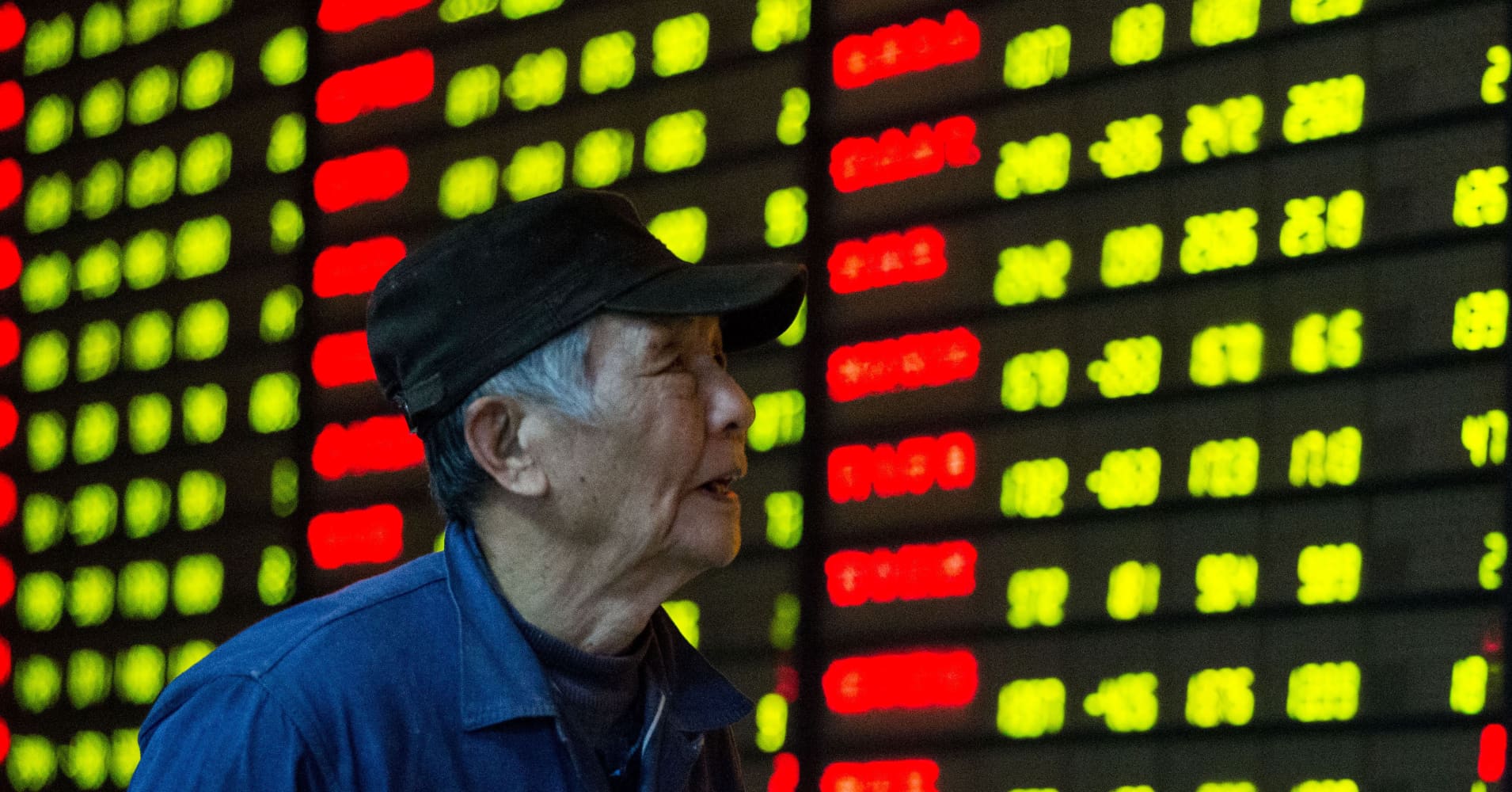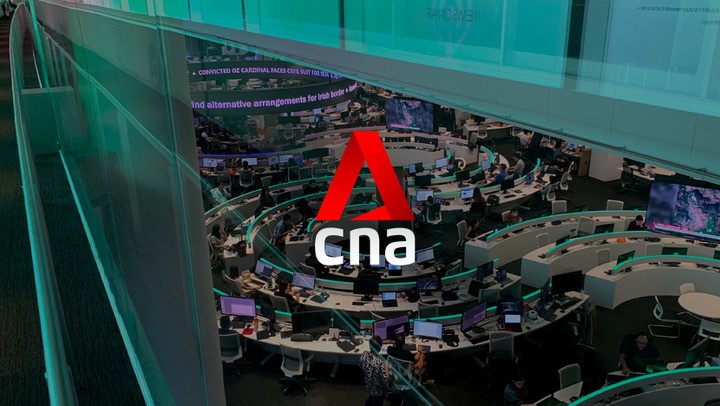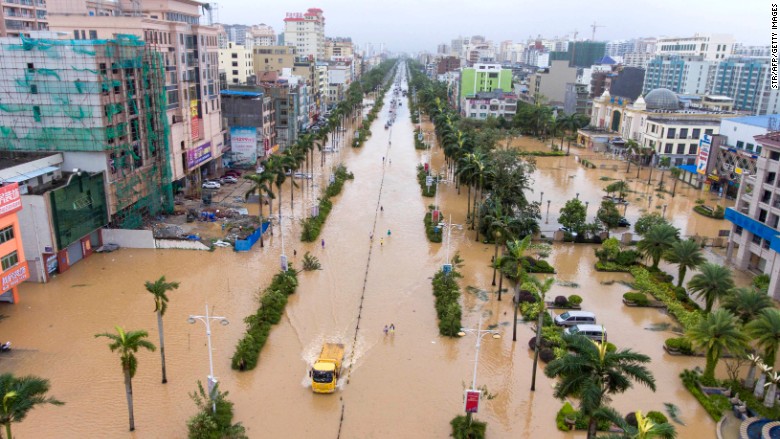 Japanese shares up more than 1 percent on Wednesday morning as the yen weakened against a stronger dollar, and after a private survey suggested the manufacturing sector might be recovering.
Japanese shares up more than 1 percent on Wednesday morning as the yen weakened against a stronger dollar, and after a private survey suggested the manufacturing sector might be recovering.
Earlier, Toshiba plunged as low as 6.9 percent to 263.5 yen each share at the open, after media reports that a Japan watchdog suspects the company padded profits by 40 billion yen in the past three years, Reuters reported.
Shares of the Japanese conglomerate recovered from earlier losses to trade up 1.1 percent at 279.5 yen by 9:00 am HK/SIN. The stock has fallen nearly 37 percent or 19.6 yen each since last Dec. 26.
The final Nikkei Japan manufacturing Purchasing Managers Index (PMI) rose to 52.4 in December, beating a preliminary reading of 51.9 and November’s 51.3. A figure above 50 represents expansion in a sector, while a reading below 50 indicates contraction. The private survey indicates Japan’s manufacturing sector is seeing signs of recovery, with increase domestic and global demand.
Australia’s ASX 200 wavered between negative and positive for most of the morning session, and last traded up 0.1 percent.
South Korea’s Kospi was nearly flat, up 0.02 percent, after South Korea’s finance minister said the economy’s recovery momentum will likely slow this year, and its time for fiscal policy to play a more active role to boost growth, Reuters reported.
The country is also in the midst of a months-long political scandal, with President Park Geun-hye refusing to testify on Tuesday in the impeachment trial that is set to determine her future, after denying charges of wrongdoing over the weekend.
On the economic data watch, India’s Nikkei Services PMI for December is due while in Southeast Asia, Indonesia and Thailand will announce respective inflation data for the previous month.
Over in the U. S., the Dow Jones industrial average closed up 0.6 percent at 19,881.76, the S&P 500 finished up 0.85 percent at 2,257.83 and the Nasdaq composite gained 0.37 percent, to close at 5,429.08.
The greenback surged to a 14-year high, up 0.7 percent in the first two trading days of 2017, and supported by a strong read on the ISM manufacturing, which was up 54.7 in December at its highest level in two years.
On Tuesday, the Markit/CIPS UK Manufacturing PMI rose to 56.1, its strongest reading since June 2014, and a jump from 53.6 in November. Meanwhile, China’s Caixin manufacturing PMI also came in stronger than expected, at 51.9 in December, its best since January 2013.
The dollar index was trading at 103.23 as of 9:00 am HK/SIN, compared to Tuesday’s levels around 102. Against the greenback, the yen continued to weaken for the fifth straight session, at 117.91, while the Australian dollar was tracking $0.7224.
U. S. crude was up 0.57 percent to $52.33 per barrel in early Asian trade, while global benchmark Brent fell 2.4 percent to settle at $55.47 a barrel in the U. S. on Tuesday.
Oil prices dropped more than 2 percent on Tuesday in the U. S. as the dollar surged to a 14-year high. A stronger dollar may weigh on commodities, which are dollar-denominated, making it more expensive in other currencies.
© Source: http://www.cnbc.com/2017/01/03/asian-stock-markets-to-focus-on-lower-oil-prices-dollar-strength-pmi-data.html
All rights are reserved and belongs to a source media.
 Sungtae (Jacky) Park is research associate at the Council on Foreign Relations.
Sungtae (Jacky) Park is research associate at the Council on Foreign Relations. 

 China has hit back at Donald Trump’s claim that Beijing isn’t doing enough to rein in rogue state North Korea, cautioning the U. S. President-elect not to “escalate” an already tense situation on the Korean Peninsula through his liberal use of social media.
China has hit back at Donald Trump’s claim that Beijing isn’t doing enough to rein in rogue state North Korea, cautioning the U. S. President-elect not to “escalate” an already tense situation on the Korean Peninsula through his liberal use of social media. 
 WASHINGTON: U. S. President-elect Donald Trump plans to pick William Hagerty as the next U. S. ambassador to Japan, an adviser to Trump’s transition team told Reuters on Wednesday.
WASHINGTON: U. S. President-elect Donald Trump plans to pick William Hagerty as the next U. S. ambassador to Japan, an adviser to Trump’s transition team told Reuters on Wednesday.
 This morning President-Elect Trump is out with an ambiguous and possibly meaningless (it’s sort of like Being There) series of tweets warning Republicans to „be careful“ and make sure that Democrats „own“ the „ObamaCare disaster. “ But the truth is, while the ACA has real problems, it had its best year of sign ups to date. It is demonstrably not failing and not a disaster. Indeed, it’s gotten marginally more popular over the last few months, though that is likely because Republicans are now less invested in reflexively opposing it. The real bottom line number is that the latest polls show that only about a quarter of Americans want Obamacare repealed. A quarter!
This morning President-Elect Trump is out with an ambiguous and possibly meaningless (it’s sort of like Being There) series of tweets warning Republicans to „be careful“ and make sure that Democrats „own“ the „ObamaCare disaster. “ But the truth is, while the ACA has real problems, it had its best year of sign ups to date. It is demonstrably not failing and not a disaster. Indeed, it’s gotten marginally more popular over the last few months, though that is likely because Republicans are now less invested in reflexively opposing it. The real bottom line number is that the latest polls show that only about a quarter of Americans want Obamacare repealed. A quarter! 
 People offer prayers on the first business day of the year Wednesday at Tokyo’s Kanda Myojin shrine, which is known to be frequented by worshippers seeking good luck and prosperous businesses.
People offer prayers on the first business day of the year Wednesday at Tokyo’s Kanda Myojin shrine, which is known to be frequented by worshippers seeking good luck and prosperous businesses.
 TOKYO —
TOKYO — 
 Japanese shares up more than 1 percent on Wednesday morning as the yen weakened against a stronger dollar, and after a private survey suggested the manufacturing sector might be recovering.
Japanese shares up more than 1 percent on Wednesday morning as the yen weakened against a stronger dollar, and after a private survey suggested the manufacturing sector might be recovering. 
 Japanese equities kicked off the new year sharply higher on Wednesday, leading the region’s gains amid a robust outlook for the U. S. economy, coupled with expectations of continued yen weakness.
Japanese equities kicked off the new year sharply higher on Wednesday, leading the region’s gains amid a robust outlook for the U. S. economy, coupled with expectations of continued yen weakness. 
 „[W]e believe that before any action is taken through reconciliation or other means that would potentially alter coverage, policymakers should lay out for the American people, in reasonable detail, what will replace current policies. Patients and other stakeholders should be able to clearly compare current policy to new proposals so they can make informed decisions about whether it represents a step forward in the ongoing process of health reform,“ James L. Madara, the CEO of the AMA wrote in the letter.
„[W]e believe that before any action is taken through reconciliation or other means that would potentially alter coverage, policymakers should lay out for the American people, in reasonable detail, what will replace current policies. Patients and other stakeholders should be able to clearly compare current policy to new proposals so they can make informed decisions about whether it represents a step forward in the ongoing process of health reform,“ James L. Madara, the CEO of the AMA wrote in the letter. 
 These disasters helped push the total damage caused by natural catastrophes to $175 billion in 2016, according to the German reinsurance firm Munich RE.
These disasters helped push the total damage caused by natural catastrophes to $175 billion in 2016, according to the German reinsurance firm Munich RE. 

